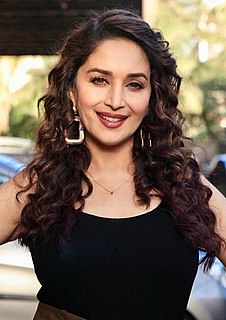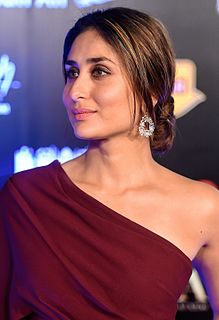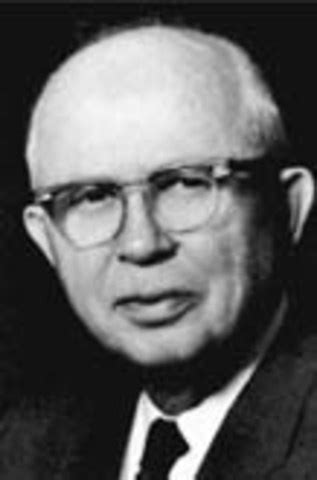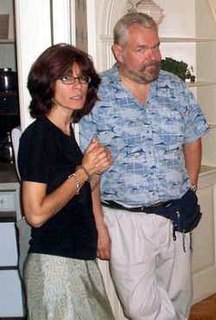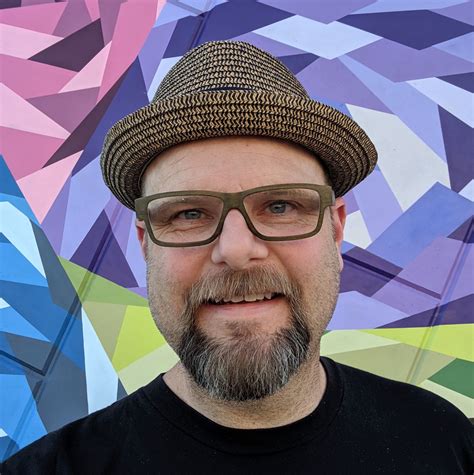A Quote by Vikramaditya Motwane
Censorship is a stupid thing. There should be certification, and not censorship. People are smart enough to understand that if a film is meant for kids, then kids will watch it and if a film is meant for adults, only adults will watch it.
Related Quotes
The film I do doesn't have to be a film that only my kids can watch. My kids will watch films, but I will decide what they watch and not. My aim is to play different characters and not be stuck in a mould. Just because you are a mom and a wife doesn't meant you have to play those roles, even in films.
The StarTalks - while kids can watch them, they're actually targeted at adults. Because adults outnumber kids five to one, and adults vote, and adults wield resources, and adults are heads of agencies. So if we're going to affect policy, or affect attitudes, for me, the adults have always been the target population.
One of the curious things about censorship is that no one seems to believe in it for himself. We want censorship to protect someone else— the young, the unstable, the suggestible, the stupid. I have never heard of anyone who wanted a film or speaker banned because otherwise he himself might be harmed.
[E]verywhere I'm looking at kids, adults mostly don't seem to like them, not even the parents do. They call the kids gorgeous and so cute, they make the kids do the thing all over again so they can take a photo, but they don't want to actually play with them, they'd rather drink coffee talking to other adults. Sometimes there's a small kid crying and the Ma of it doesn't even hear.
I don't think kids have a problem reading books meant for adults; the problem is on the other side of the fence, a misconception of what one kind of literature is 'supposed' to be, perceived to be, as opposed to another: if it's for kids, it can't be any good; it's got to have been dumbed down and/or sweetened up.
People will ask me, "How do you approach writing books for young readers differently than for adults?" My answer is always: I don't change anything about the story itself. I'm going to tell kids the way things really were. What I don't do - and this is the only thing I do differently in writing for kids - is that I don't revel in the gory details. I allow readers to fill in the details as necessary. But I don’t force kids to have to digest something they’re not mature enough or ready for yet. If they are, they can fill in the details even better than I could, just with their imaginations.
Self-censorship happens not only in China, or Iran or ex-Soviet places. It can happen anywhere. If an artist penetrates a certain taboo or a certain power through their work, he or she will face this problem. I'm always saying that commercial censorship is our foremost censorship globally today. Why do we still pretend we are free?
If you voluntarily label a product as being unsuitable for kids and then turn around and market it directly to kids in contradiction of your ratings system, then you should be held accountable just like any other company in America that misleads consumers. That's not censorship. That's common sense.

